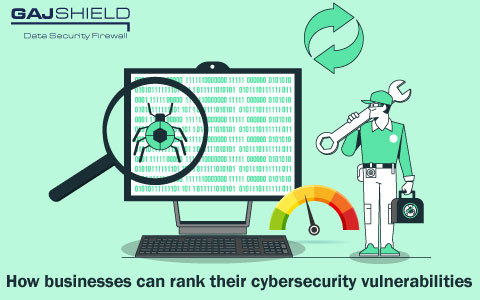
Globally, organisations constantly make strategies to use their resources judiciously and achieve overall sustainability. This careful resource management extends to their cybersecurity efforts too. After all, there are hundreds, if not thousands, of cyber-threats organisations can face on a yearly basis.

The pharma industry relies heavily on patents and intellectual property for creating and licensing new vaccines. Additionally, they possess patients’ real-time data and other sensitive information, making them a big target for cybercriminals. Patient records are some of the highest-selling items on the dark web as the beneficiaries are provided with a trove of data that is difficult to trace.

In the corporate world, cyber-threats can take any novel shape or form. A prominent example of this is a geo-targeting phishing attack. In this attack, a cybercriminal tracks a network or device to the source's geographical location. This enables them to hack into the network and extract useful information and data through conventional phishing.

Nearly all major organisations in the world rely heavily on digital marketing to lure audiences and keep their brand constantly visible in the public domain. Platforms such as social media sites, emails, eCommerce sites for micro-moment marketing, and others are extremely useful in modern marketing.
Get In Touch With Us
Subscribe to our Newsletter
2025 © GajShield Infotech (I) Pvt. Ltd. All rights reserved.
